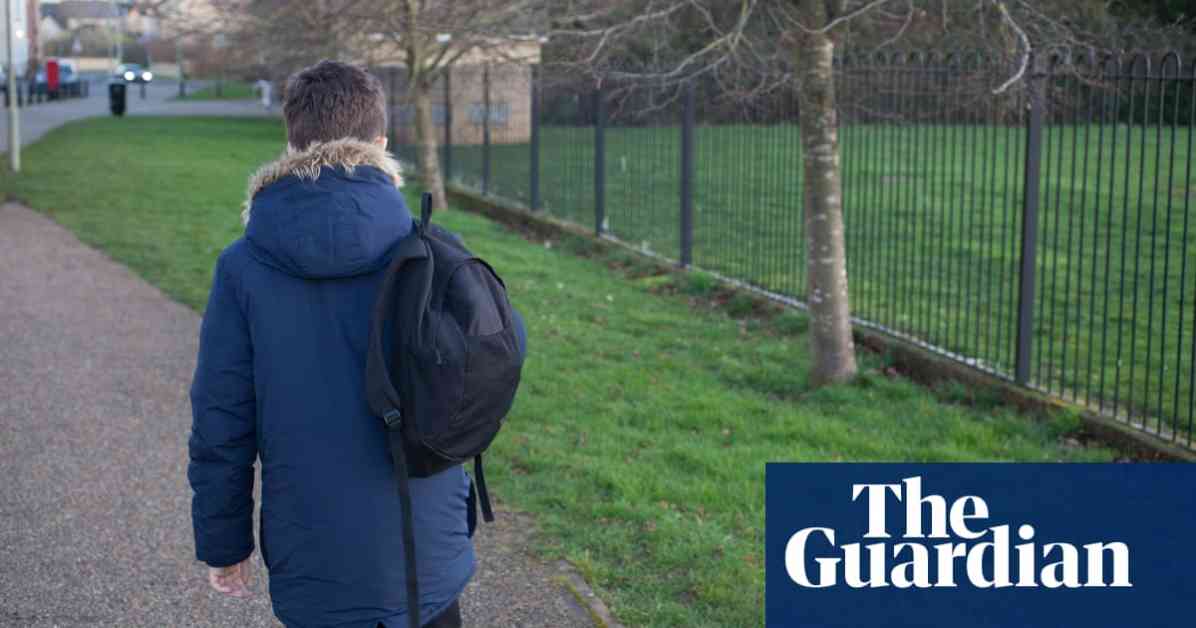Special needs education in England and Wales is facing a crisis that is leaving children vulnerable to criminal and sexual exploitation, according to experts. Parents of victims have expressed frustration over failed attempts to get the support their children need.
Last year, a total of 7,432 children were referred to the national referral mechanism, which is responsible for identifying potential victims of trafficking and modern slavery in England and Wales. Shockingly, a significant number of these cases involve children with special educational needs and disabilities (Send), as revealed by research funded by the Modern Slavery and Human Rights Policy and Evidence Centre (Modern Slavery PEC).
Researchers from Manchester Metropolitan University (MMU) and the University of Portsmouth found that children with Send are facing long waits of up to four years for assessments. With 75% of the 1.6 million children with Send lacking an education and health care plan, these children are at a higher risk of school exclusion. This isolation makes them easy targets for sexual predators and county lines gangs.
One mother shared her heartbreaking story of how her son, who had undiagnosed ADHD, attempted to take his own life after being exploited while out of mainstream school. Another mother described how her requests for Send help were ignored until after her daughter, who has autism, was sexually abused. The lack of timely diagnoses and support had devastating consequences for these children.
Researcher Sarah Goff, speaking at the launch of the Institute for Children’s Futures, emphasized the link between school exclusion and criminal exploitation. Parents highlighted the lack of support staff for teachers and youth services, creating gaps that perpetrators exploit to target vulnerable children.
The research also uncovered stories of children with Send being forced into criminal activities, such as selling drugs, while out of mainstream school. The urgent need for proper testing and support for these children was emphasized by the parents interviewed.
While data on child exploitation and Send is not consistently collected, the independent inquiry into child sexual abuse has acknowledged that children with additional needs are at a significantly higher risk of abuse. Practitioners interviewed for MMU’s research reported that a large portion of their caseloads involved children with diagnosed Send, underscoring the urgent need for action to protect these vulnerable children.
The research team led by Prof Anita Franklin from MMU is calling for the establishment of “supportive spaces” where children with Send can confide in trusted adults. They also urge the government to update safeguarding guidance for disabled children and provide national training to prevent their exploitation.
Liz Williams, head of policy impact at Modern Slavery PEC, stressed the need for immediate action from schools to address the needs of Send children and prevent their exclusion. Education Secretary Bridget Phillipson has highlighted the importance of focusing on wellbeing in schools to ensure better outcomes for these vulnerable children.
In light of these alarming findings, it is imperative that all stakeholders work together to protect children with Send from exploitation and provide them with the support they need to thrive. The well-being and safety of these children should be a top priority for policymakers, educators, and communities alike.

